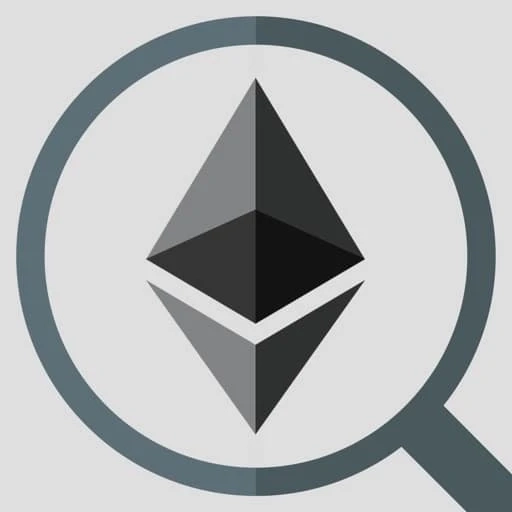what is an ERC721 Token?
Coinciding with the notorious boom in the cryptocurrency market in 2017, collectible tokens became popular on the Ethereum network, which differs ...


Coinciding with the notorious boom in the cryptocurrency market in 2017, collectible tokens became popular on the Ethereum network, which differs ...

